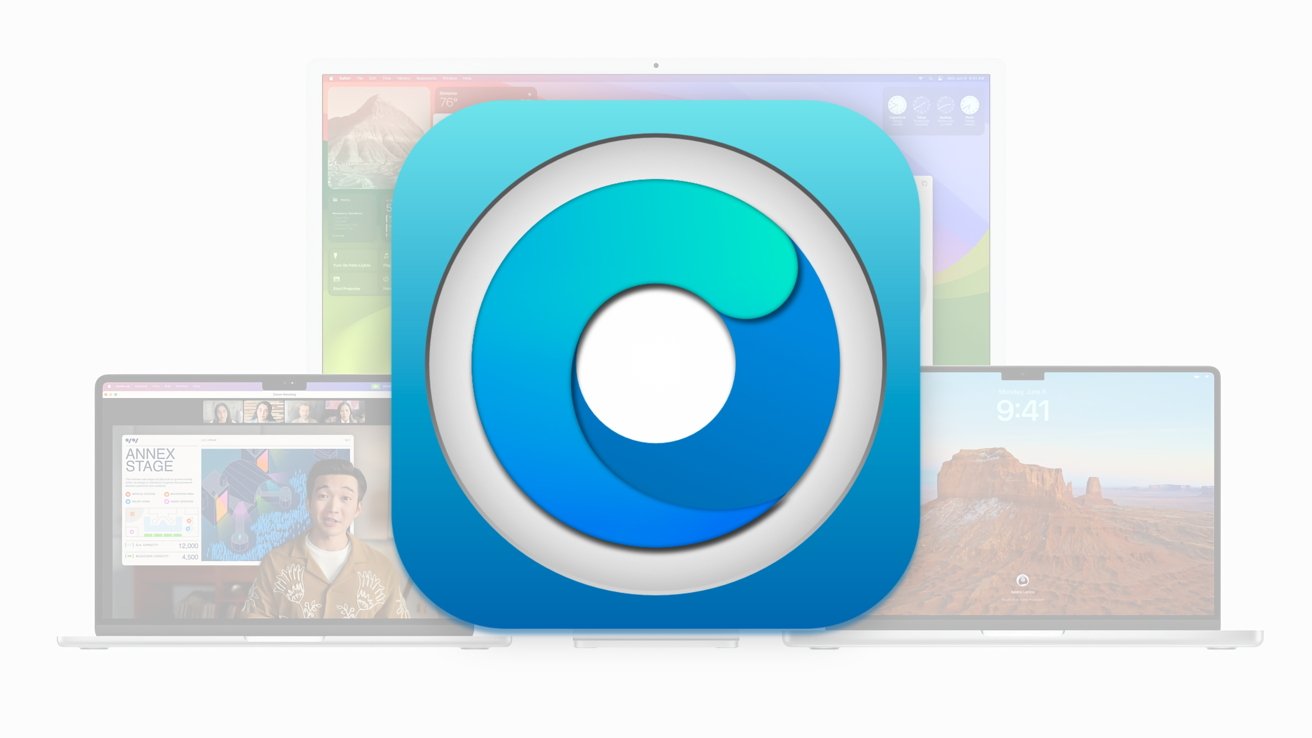Old Macs can still get macOS Sonoma with a tool available in October
The OpenCore Legacy Patcher won't be offering day-one support for macOS Sonoma on older Macs, with support now expected to arrive on October 2.

OpenCore Legacy Patcher
Apple released macOS Sonoma on Tuesday, introducing a plethora of new features to Apple Silicon Mac and MacBook models. Users with older Macs expecting to use OpenCore Legacy Patcher will have a bit of a wait on their hands.
OpenCore Legacy Patcher is a bootloader that enables newer macOS releases to work on older Mac models that are not supported by the operating system. It allows unsupported Macs to enjoy the benefits and features of newer macOS releases, by injecting and patching data in memory instead of disk for a near-native user experience.
In a post on X on Monday, OpenCore Legacy Patcher project lead Mykola Grymalyuk gave the OpenCore community an update on the project. There wouldn't be a day-one release of the project that would support, and coincide with, Apple's release of macOS Sonoma.
Patch notes explains that the project now aims for an October 2 release instead. "Due to logistical challenges with receiving hardware for some of our developers, we don't want to rush a release to meet Sonoma," the note states.
"Instead we want to hold out and let them work at a less stressed pace."
Part of the reason is due to planning for Apple to release macOS Sonoma in October, with the note mentioning "Apple has set release a month early compared to the past few releases."
As part of the update, the project will be switching to a "proper major, minor, and bug fix system" for versioning. The October 2 release will be version 1.0.0.
Read on AppleInsider

Comments
The majority of the time underlying frameworks are refactored for modernization or to support new features, and that results in lower performance metrics compared to some baseline. Nothing nefarious here. Performance regressions major OS to major OS are expected, and time is spent to minimize, and reverse those, but if a particular device repeatedly falls short, then a decision is made. Apple devices are supported for 5+ years, and then receive security updates for years after that. Far from lazy.
I wouldn't go so far as to tell the average user to try it for yourself. New OSes are not guaranteed to support hardware that has been deprecated. Not only could older drivers be removed, but there is firmware to consider which could cause all manner of funky issues as well a potentially impact trying to roll back your OS.
This is about being responsible with experimental installations, weighing the risks, and making a responsible choice.
At some point, you're better off just getting a new (or less antiquated) car or computer, and take advantage of all the great new technology that just can't be had on that old clunker! I couldn't drive without that blind spot information system now that my neck doesn't pivot the way it used to! And I couldn't stand trying to stream 4K UHD content from something limited to an 802.11B bandwidth.